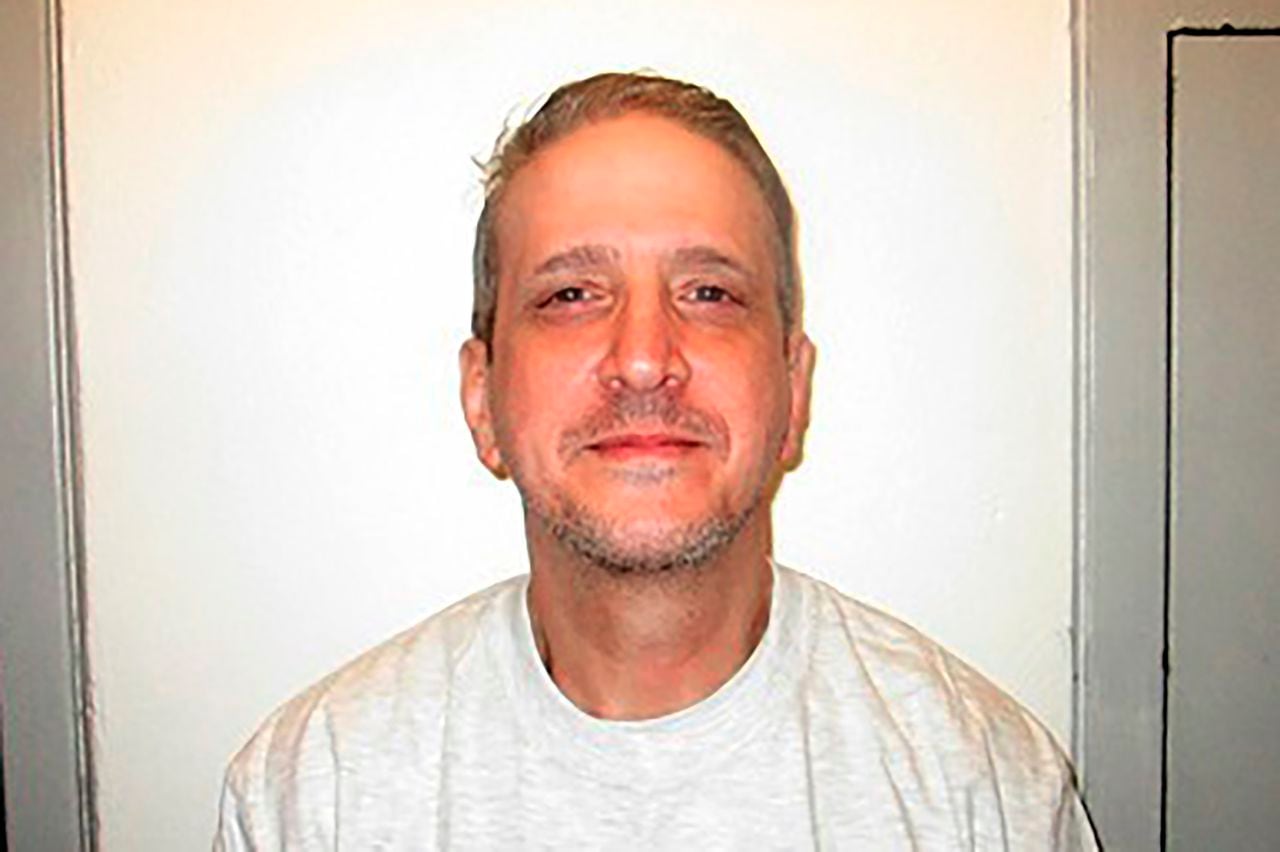All eyes on SCOTUSâ next term as it prepares to weigh OK death penalty case
The Supreme Court this week announced that it had agreed to hear an appeal to overturn Richard Glossip’s murder conviction after Oklahoma Attorney General Gentner Drummond claimed prosecutorial misconduct.
The court’s decision comes after its 2023 decision temporarily blocked Glossip’s execution after Drummond informed the court that “the state of Oklahoma recently made the difficult decision to confess error and support vacating the conviction of Richard Glossip.”
“Public confidence in the death penalty requires the highest standard of reliability, so it is appropriate that the U.S. Supreme Court will review this case,” Drummond said in a statement.
John Mills, an attorney for Glossip praised the justices for taking up the case and expressed gratitude for Drummond’s support.
“It is time — past time — for his nightmare to be over,” Mills said in a statement. “We are grateful that the court is providing Richard Glossip the opportunity to argue that Oklahoma should not be permitted to kill him.”
Glossip was convicted of arranging the 1997 murder of Barry Van Treese, the owner of the Oklahoma City motel where Glossip worked as a manager. Prosecutors argued Glossip promised to pay handyman Justin Sneed $10,000 to kill Van Treese. Sneed ultimately pleaded guilty to first-degree murder and, in exchange for testimony against Glossip, received a life sentence without parole while Glossip was sentenced to death.
The Oklahoma Court of Criminal Appeals threw out Glossip’s original conviction in 2001, calling the case against him “extremely weak,” and lacking evidence to corroborate Sneed’s testimony, but Glossip was convicted in a 2004 retrial.
Glossip has maintained his innocence through nine scheduled executions, as anti-death penalty activists, legal experts and state leaders have called his conviction into question.
Republican lawmakers have challenged over the years whether Glossip received a fair trial.
A committee of six GOP state lawmakers commissioned a law firm to investigate Glossip’s trial in 2022. The firm laid out many errors that resulted in Glossip’s death sentence in a more than 300-page report. That includes a “loss of key evidence” like a box of materials related to the crime scene.
Republican State House Rep. Rex Duncan, a former district attorney, led a more recent investigation that determined Glossip was “deprived of a fair trial in which the state can have confidence in the process and result.” Drummond disclosed the findings to Oklahoma Court of Criminal Appeals and urged the court to overturn the conviction and return the case to federal district court. The court rejected his request, upholding Glossip’s murder conviction, however.
Glossip’s attorneys then appealed to the Supreme Court to halt his execution. Their request challenged the conviction, citing prosecutors’ failure to disclose evidence about Sneed to Glossip’s defense counsel. His attorneys found that proceeding with the execution would not only inflict obvious and irreversible harm upon Glossip, but also harm the state of Oklahoma itself.
The Supreme Court soon after issued a stay of execution on May 5, 2023.
This week’s decision comes amid a conservative-led push to reinstate Oklahoma’s moratorium on executions, which was lifted in 2021. A 37-day pause was issued days after a former Oklahoma governor postponed Glossip’s 2015 execution when prison officials failed to secure lethal injection drugs that met state guidelines. The moratorium followed, at the request of Republican state Attorney General Scott Pruitt. Since it was reinstated, 11 people have been put to death.
The Supreme Court is expected to hear Glossip’s appeal during its next term in October.
